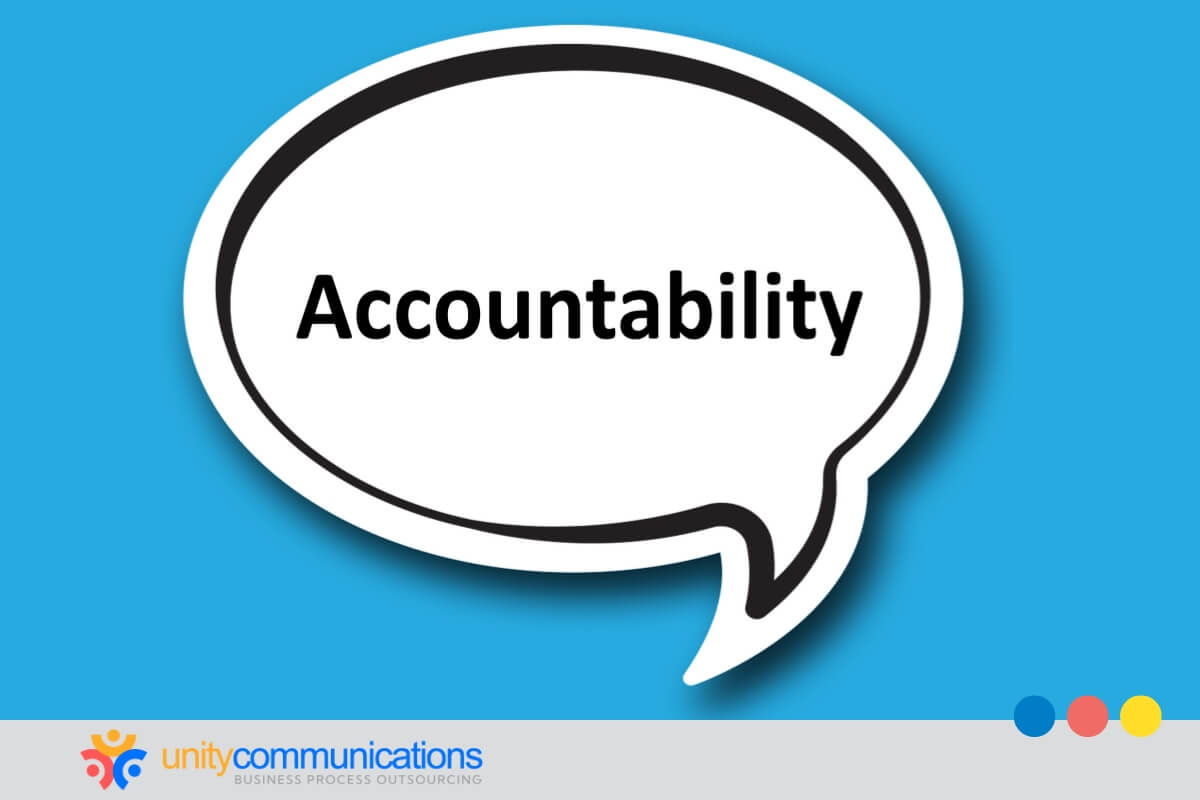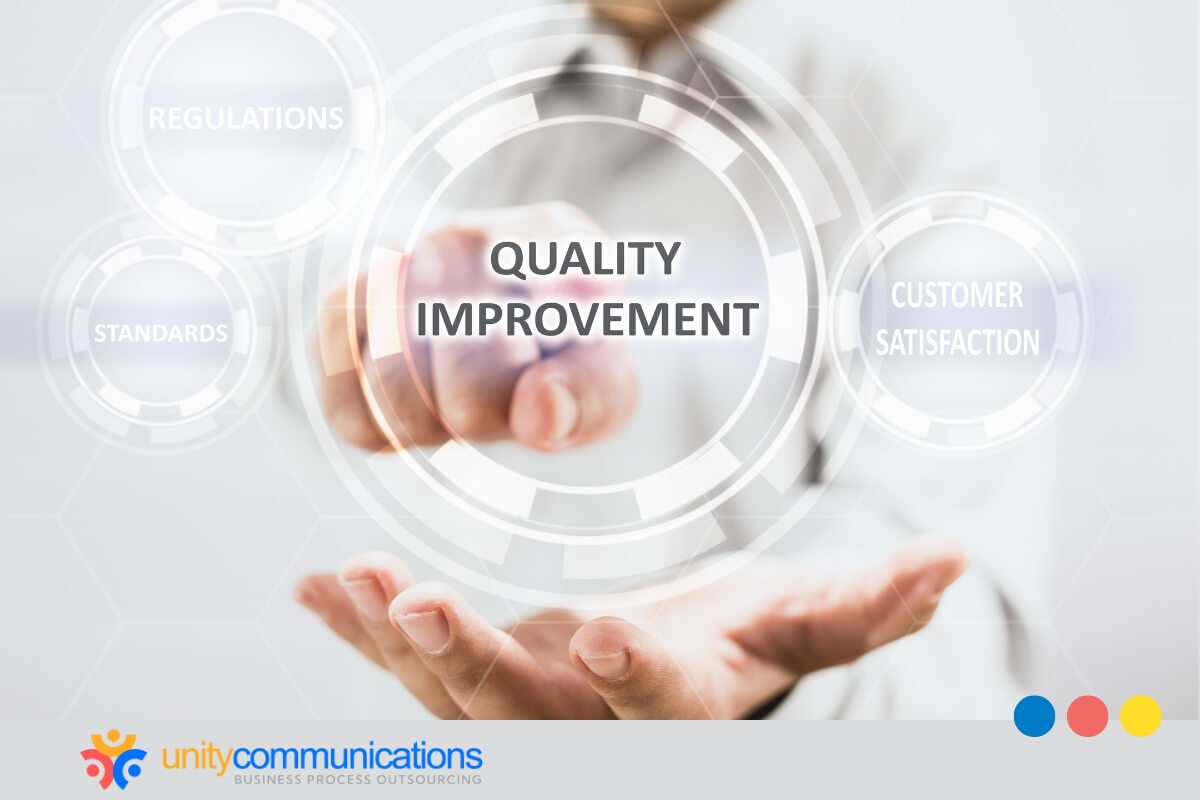Table of Contents
Poorly managed logistics business process outsourcing (BPO) contracts can lead to costly disruptions, compliance issues, and strained relationships. Conversely, effective management ensures clarity, accountability, and alignment.
This article is a practical guide to contract management practices in logistics outsourcing. They enhance operational efficiency, minimize risks, and strengthen partnerships.
Whether you’re negotiating new agreements or refining existing ones, mastering these practices enhances logistics performance. Read below to learn more!
5 contract management practices in logistics outsourcing

According to Precedence Research, the global contract logistics market could reach $931.24 billion in 2034. This data highlights companies’ growing need for more resilient and efficient supply-chain management.
Contract logistics involves outsourcing supply chain functions such as transportation, warehousing, inventory management, and order fulfillment to third parties (3PLs). This approach provides many benefits:
- Cost savings. Reduce logistics costs through shared resources and lower capital investment.
- Focus on core business. Free up time and resources to concentrate on products and customers.
- Access to expertise and technology. Gain advanced systems and specialized logistics know-how.
- Scalability and flexibility. Easily adjust capacity to match demand without heavy investments.
- Improved service levels. Achieve faster, more accurate deliveries and better customer satisfaction.
- Wider geographic reach. Expand into new markets using a 3PL provider’s established network.
- Reduced risk and compliance. Rely on 3PLs to manage regulations and minimize operational risks.
- Better visibility and analytics. Benefit from tracking tools and data-driven supply chain decisions.
However, unlike basic logistics services, contract logistics is a long-term partnership guided by a detailed agreement aligned with the client’s strategy. Poorly managed contracts can diminish or even negate the partnership’s benefits.
Unlock a 3PL’s full potential with these contract management best practices in logistics outsourcing:
1. Establish clear service-level agreements (SLAs) and performance metrics
To ensure accountability and align expectations, define the standards, targets, and responsibilities for service quality and performance. Begin by aligning outsourcing goals to your supply chain priorities. Examples include reducing delivery times, improving inventory accuracy, and enhancing customer satisfaction.
Then, identify the most relevant metrics for your objectives, such as:
- On-time delivery rate, which should typically exceed 98%
- Order accuracy, often targeted at 99.5% or higher, to minimize costly returns and maintain customer satisfaction
- Inventory accuracy in outsourced warehouses, which must be above 99%
At the same time, operational benchmarks such as dock-to-stock time (the time it takes to move goods from receiving to storage) should be under 8 hours. Freight claims must remain below 1% as a percentage of total shipments. The returns cycle time should ideally be under 48 hours for quick processing and restocking.
Setting clear SLAs and goal-aligned performance metrics drives continuous improvement and fosters accountability. It builds a partnership focused on delivering measurable value across your supply chain.
2. Leverage technology for contract lifecycle management
Organizations lose an average of 9.2% of annual revenue due to poor contract management. One reason is the company’s reliance on manual processes or fragmented tools. They can lead to delays, compliance gaps, and missed opportunities.
A contract management best practice in logistics outsourcing is digitizing processes to achieve the following:
- Faster contract creation and approvals through standardized templates and automated workflows
- Real-time visibility into obligations, milestones, and performance metrics
- Centralized document storage and version control, reducing confusion and manual errors
- Automated alerts and renewals, preventing missed deadlines and costly auto-renewals
- Integrated compliance monitoring to meet regulatory and industry standards
- Seamless data exchange and supply-chain performance tracking through integration with enterprise resource planning (ERP) platforms, transportation management systems (TMS), and supply portals
Digitizing contract management can minimize risks, boost efficiency, and ensure contracts deliver savings and service gains.
3. Promote transparency and accountability through regular audits
Regular audit is another contract management best practice in logistics outsourcing. It verifies compliance, uncovers issues early, and aligns parties to agreed standards.
Start by outlining the audit’s goals. Then, create a schedule based on contract duration, performance trends, or risk exposure. Logistics outsourcing agreements, especially those with high-volume or mission-critical operations, often benefit from quarterly or semi-annual reviews.
A typical plan includes the following:
- Timeline and frequency
- Audit criteria
- Key personnel and departments involved
- Tools and data sources
Develop a checklist that covers all critical evaluation areas for consistency and thoroughness. Include performance metrics and assess adherence to contract terms, regulatory requirements, and safety standards. Finally, formally meet with your BPO provider to discuss the audit outcomes. Focus on transparency, problem-solving, and continuous improvement rather than blame.
Collaborative reviews build trust. They open the door to refining processes, renegotiating terms, or implementing innovations.
4. Manage change orders and contract modifications effectively
Scope, service levels, costs, and timelines can evolve during the contract’s life. A robust change control process in the original agreement helps manage adjustments. It should outline who can request a change, how to document and submit the request, the evaluation and approval timeframe, and the criteria for assessing impact.
Never rely on informal communications to authorize changes. Document all through formal orders to maintain a clear audit trail and prevent disputes. Include:
- Description of the change
- Reason for the change
- Financial implications
- Adjustments to performance metrics or SLAs
- Sign-off by both parties
Every change has potential ripple effects. Contract modifications should trigger a review of risk exposure, regulatory compliance, and liability allocation. This is especially critical in a BPO agreement involving cross-border logistics, data privacy, or subcontracting.
Reflect approved changes in the contract, operational procedures, SLA dashboards, invoicing and billing systems, and reporting templates. Failure to synchronize documentation and systems can lead to misalignment, billing errors, or performance issues.
5. Address dispute resolution and conflict
Managing disputes is one of the essential contract management best practices in logistics outsourcing. It helps resolve issues quickly, protects business relationships, and prevents costly disruptions.
The contract must have a straightforward resolution process outlining the following:
- Types of disputes that might arise
- How and when to escalate issues
- Resolution methods, such as negotiation or mediation
- Governing laws and jurisdictions
A tiered escalation model resolves most issues at the operational level and only escalates serious or unresolved problems to senior management or third parties.
Additionally, relying on objective data from your TMS, WMS, or other systems is essential. Accurate performance metrics and documentation can validate claims and reduce the potential for drawn-out disagreements.
What’s the role of the BPO provider in conflict resolution? They should proactively flag issues and take ownership of mistakes. The best team provides relevant data and collaborates with you to identify root causes and implement solutions.
The partnership becomes more productive when your provider views dispute resolution as a chance to strengthen the relationship.
The bottom line

Effective logistics outsourcing contract management has many advantages. First, service providers remain compliant and deliver quality services. Well-written agreements minimize the risks of delays, quality issues, and legal liabilities. They prevent hidden fees and scope creep while letting you retain complete cost control and oversight.
Structured communication and review mechanisms can build a culture of collaboration and continuous improvement. They also help both parties quickly respond to market changes without renegotiating the contract.
Robust contract logistics management unlocks the full potential of supply chain partnerships. Would you like to achieve the same outcome for your business? Then, let’s connect!




